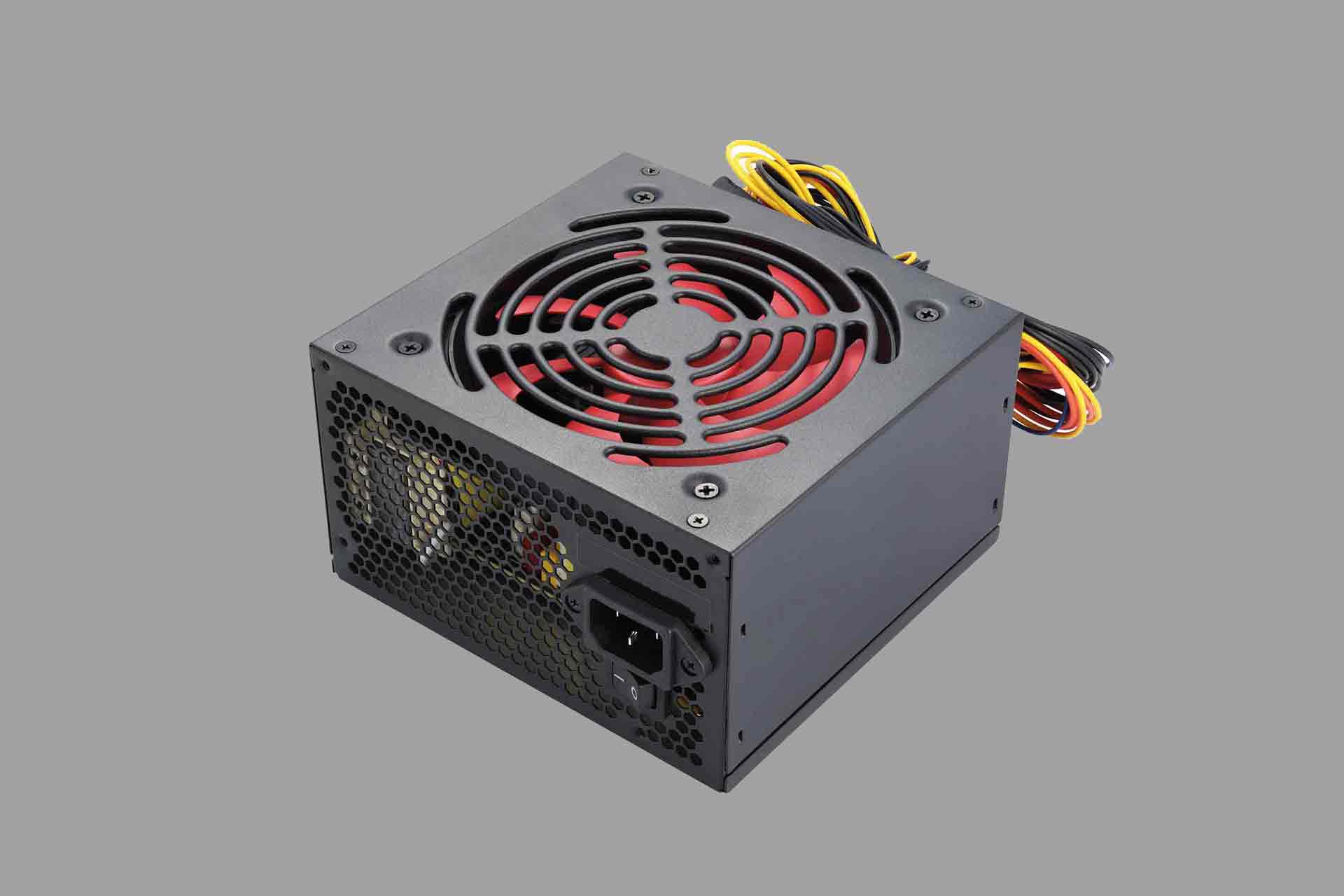Common Causes of PSU Failures
PSU Voltage Fluctuations: Voltage fluctuations can be a silent assassin for your PSU. When voltage levels increase beyond acceptable limits, it can disable vital components of the primary circuit, such as high-voltage electrolytic capacitors and rectifiers. Proper PSU design includes safeguards to protect against these fluctuations, but in cheap, lesser-known brands, these protections may be lacking.
Quality Matters: The manufacturer behind your PSU plays a significant role in its reliability. Reputable manufacturers invest in high-quality components, sparing no expense to ensure longevity. In contrast, cheaper alternatives may incorporate subpar parts, factory rejects, or uncalibrated transistors with varying parameters. Established manufacturers also incorporate protective features like thermistors to handle current surges during startup.
Overloading the PSU: Overloading your power supply is a recipe for disaster. If the PSU’s maximum power output falls significantly short of the total power requirements of your PC components, it can lead to strain and failure. It’s essential to select a PSU that matches your system’s power needs.
Dust Buildup: Dust might seem harmless, but in the world of PSUs, it can be a menace. Accumulated dust can lead to short circuits between tracks on the circuit board or other components, thanks to its conductive properties. It can also clog the PSU’s cooling fan, causing it to overheat and potentially damage vital components.
Calculating Your PSU Requirements
Now that we’ve explored the various factors that can lead to PSU failure, you might be wondering, “How much wattage do I need for my PC build?” Fortunately, there are tools available to help you make an informed decision.
One such tool is the Power Calculator by Cooler Master. It takes into account your system’s components, their power requirements, and helps you select a suitable PSU. Ensuring that your PSU matches your system’s needs is a crucial step in preventing power-related issues and ensuring the longevity of your computer.
Choosing the Right PSU for Your Needs
Regular Maintenance for Longevity
To extend the life of your PSU, it’s essential to keep your computer’s environment clean and dust-free. Periodically cleaning the inside of your computer case and the PSU’s fan can go a long way in preventing overheating and dust-related issues.
Warranty and Customer Support
Before purchasing a PSU, review the warranty and customer support options provided by the manufacturer. Reputable brands often offer longer warranties and responsive customer service, providing peace of mind in case you encounter any issues.
In conclusion, your computer’s PSU is a critical component that deserves attention and care. By understanding the common causes of PSU failures, making informed choices when selecting a power supply unit, and practicing regular maintenance, you can help safeguard your system’s health and keep it running smoothly for years to come. Don’t hesitate to reach out to trusted professionals for advice and assistance in choosing the right PSU for your specific needs. Your computer’s reliability and performance depend on it.



